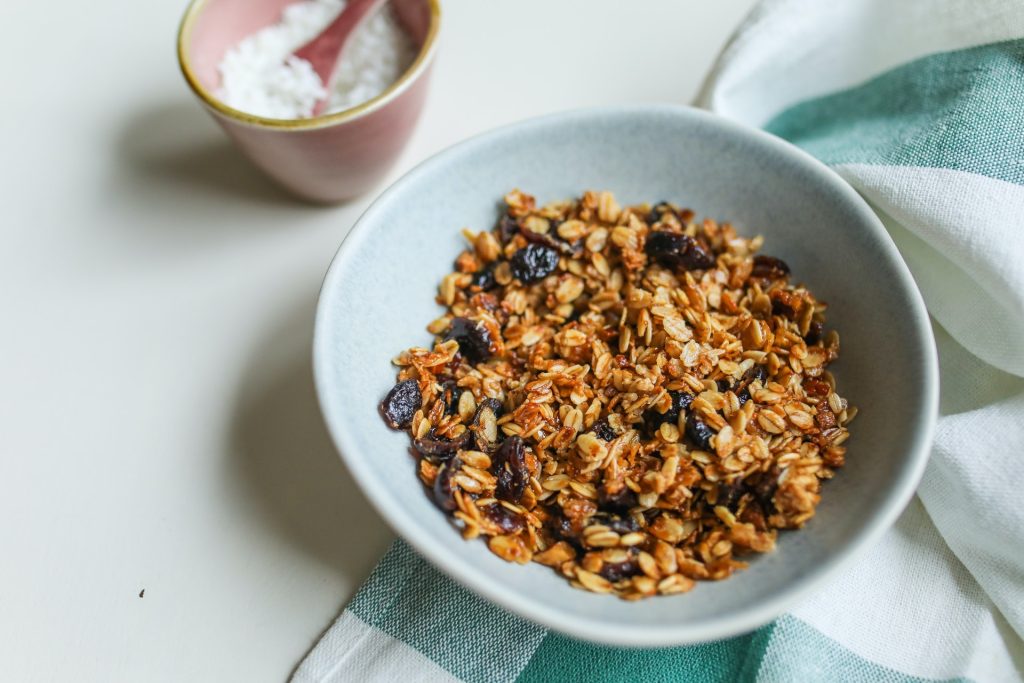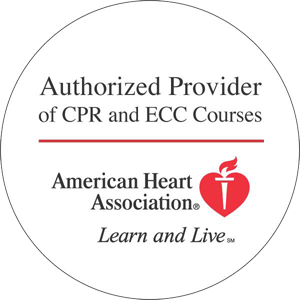Walking is one of the easiest, most accessible, and lowest-impact exercises you can do. You don’t need any special equipment – just a pair of shoes and a sidewalk. And walking is an incredibly effective way to improve your health, lower stress, manage weight, and gain a variety of other health benefits.
What’s the Easiest Way to Prevent Heart Disease? Physical Activity.
It’s easy to incorporate walking into your daily routine. To get the most health benefits out of your movement, remember this acronym: FIT.
Improve Heart Health with a FIT Walking Program

According to the American Heart Association, there are three things to keep in mind when starting a walking routine: Frequency, Intensity, and Time.
Frequency
It’s not necessary to set and maintain a rigid walking schedule. What’s more important is avoiding sedentary behavior. If you find yourself sitting for long periods of time, break them up with a walk.
Intensity
Researchers advise walking at a speed of 3 mph or higher. However, if you’re going uphill or are on difficult terrain, a slower speed will carry the same benefits. If you’re not able to walk at that speed, don’t stress – do what you can, and work up to it!
Time
Federal guidelines recommend at least 150 minutes of moderate intensity exercise every week. You can break this up however works best for you, whether that be 5 30-minute walks or a series of shorter walks. As we’ve discussed, even small bursts of physical activity provide significant benefits for heart health. What matters is that you stay active!
Do you want to protect the hearts of those around you? Sign up for a HeartCert CPR training course! We offer in-person, hybrid and virtual CPR courses to meet your needs. Register today!
HeartCert CPR is your trusted training partner for CPR, ACLS, PALS, EMR, First Aid, CNA, IV, EKG and more, in Minnesota and throughout the United States.
HeartCert CPR courses include CPR/AED/First Aid, Basic Life Support (BLS), Advanced Cardiac Life Support (ACLS), Pediatric Advanced Life Support (PALS), Certified Nursing Assistant training, IV training, EKG training, babysitter basics and more. Courses and certifications from both the American Heart Association and American Red Cross are available.
We are now offering virtual CPR courses and certifications, as well as safe in-person courses at all locations and our headquarters, HeartCert CPR Eagan.








